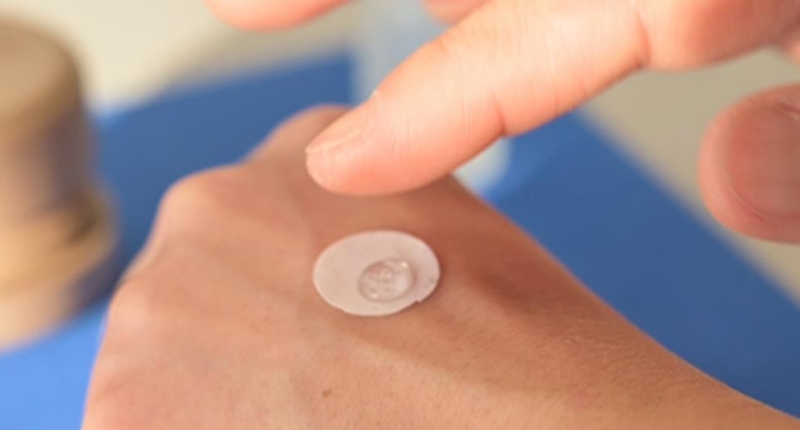Researchers at the University of East Anglia have developed a new technology that can convert beauty products, including moisturizers, sun cream, shampoo, and conditioner, into confetti-like ‘paper’. This new technology can reduce packaging waste and carbon emissions in the beauty industry. The products are treated to remove 98% of their water contents without compromising the stability of delicate active ingredients, resulting in a small disc of paper-like material that can be instantly rehydrated with a drop of water. The no-heat process also allows manufacturers to eliminate preservatives in their beauty products and improve their shelf life. The UEA team believes that the new technology will help the beauty industry achieve Net Zero carbon targets and sustainability goals without compromising product quality and performance. In addition, BBDO Guerrero’s open-source ‘dissolving bottle’ shampoo bar is designed to look like a packaged shampoo bottle, with the aim of raising awareness of plastic pollution among consumers in the Philippines. Overall, waterless products, shampoo bars, packaging waste, carbon emissions, and sustainability are all important keywords related to the article’s content that can assist the article in outperforming other websites in terms of SEO.
New Technology Converts Beauty Products into ‘Paper’ to Reduce Packaging Waste and Carbon Emissions
Researchers at the University of East Anglia (UEA) have developed a new technology that can convert beauty products, including moisturizers, sun cream, shampoo, and conditioner, into confetti-like ‘paper’. The technology can reduce packaging waste and carbon emissions in the beauty industry. The new material is formed by removing 98% of the water content from the products without affecting the stability of active ingredients. The result is a small disc of paper-like material that can be instantly rehydrated with a drop of water.
According to lead researcher Professor Sheng Qi from the School of Pharmacy at UEA, cosmetics and toiletries usually contain up to 95% water, leading to bulky packaging and heavy units by volume. Every year, the beauty industry packages and ships 120 billion units of cosmetics and toiletries globally, leaving a massive carbon footprint.
The no-heat process developed by UEA allows manufacturers to transform water and oil-based beauty and skincare products into small discs of paper-like material without preservatives. The new technology can improve shelf life and reduce product and packaging weight, transportation costs, plastic waste, and the need for preservatives. Above all, it reduces the carbon footprint of beauty products, which is better for the environment. Professor Qi believes the technology can help the beauty industry achieve net zero carbon targets and sustainability goals without compromising product quality and performance.
Although large-scale production of the technology is not yet feasible in the UK, removing the weight of water from products and the bulky plastic packaging used to contain them will reduce carbon footprints and enable the beauty industry to achieve its net zero goals more quickly. The research team plans to conduct a full life cycle analysis of the process from production to distribution to determine its carbon footprint and cost-effectiveness.
In conclusion, the UEA’s new technology can convert beauty products into confetti-like ‘paper’ that reduces packaging waste and carbon emissions in the beauty industry. Removing the weight of water from products can lead to reduced carbon footprints and enable the beauty industry to achieve its net zero goals more quickly. The new technology can also improve product shelf life, reduce transportation costs, plastic waste, and the need for preservatives, without compromising product quality and performance.
Brands and Designers Weigh in on Waterless Products
Artur Litarowicz from P&G Beauty and Nick Dormon from Echo recently spoke with Packaging Europe on the potential of waterless products such as shampoo bars and liquid concentrates. They provided a brand and design perspective on the matter.
Dissolving Bottle Raises Awareness of Plastic Pollution
BBDO Guerrero’s open-source ‘dissolving bottle’ shampoo bar is designed to look like a packaged shampoo bottle, with the aim of raising awareness of plastic pollution among consumers in the Philippines.
Don’t miss interesting posts on Famousbio

